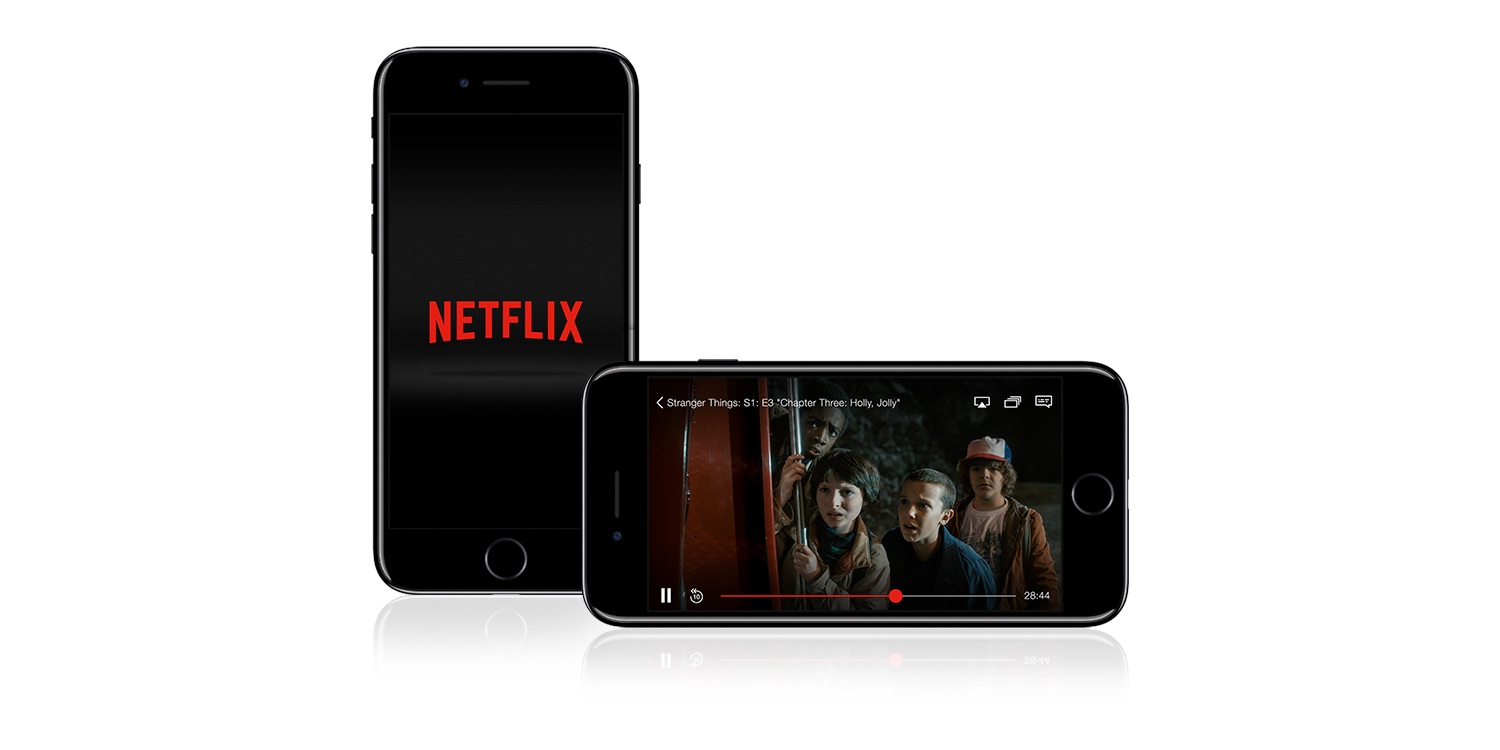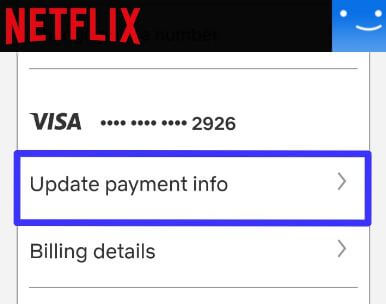

claim there’s a problem with your account or your payment information.say they’ve noticed some suspicious activity or log-in attempts.Phishing emails and text messages often tell a story to trick you into clicking on a link or opening an attachment. They may look like they’re from a bank, a credit card company, a social networking site, an online payment website or app, or an online store. Phishing emails and text messages may look like they’re from a company you know or trust. Scammers often update their tactics, but there are some signs that will help you recognize a phishing email or text message. The FTC has also published a few tips on how to spot similar scams, which we’ve reproduced below: Readers can find additional tips on how to spot and respond to this scam here. The email claims the user’s account is on hold because Netflix is “having some trouble with your current billing information” and invites the user to click on a link to update their payment method. Police in Ohio shared a screenshot of a phishing email designed to steal personal information. Here’s a real world example featuring Netflix.

Scammers often use familiar company names or pretend to be someone you know. If you click on a link, they can install ransomware or other programs that can lock you out of your data. They also use phishing emails to get access to your computer or network.

Scammers use your information to steal your money, your identity, or both. Phishing is when someone uses fake emails or texts to get you to share valuable personal information – like account numbers, Social Security numbers, or your login IDs and passwords. Federal Trade Commission (FTC) issued a statement called “Netflix phishing scam: Don’t take the bait”: In December 2018, so many people had reported they were targeted with a version of this scam that the U.S. This Netflix phishing scam has been circulating since at least 2017. Or, as in this case, pose as a trusted company. These scammers may promise a prize, such as a cash giveaway, in order to entice people to give up their information. Phishing scams use various forms of bait (hence the name) in an attempt to trick people into giving up personal information, such as passwords or credit card information.

This email is an attempt to steal credit card information and is known as a phishing scam. This is not a genuine email from Netflix. I checked the actual website and our account is in good standing and all the info is accurate. They ask for all the profile information including a credit number and info. My husband received a notice that something is wrong with our account and the link given doesn’t go to an actual Netflix website. I believe there is a scam going around in regards to Netflix. In November 2019, we received a few emails from readers alerting us that they had received an email from someone purporting to be from Netflix that asked them to update their payment information:


 0 kommentar(er)
0 kommentar(er)
